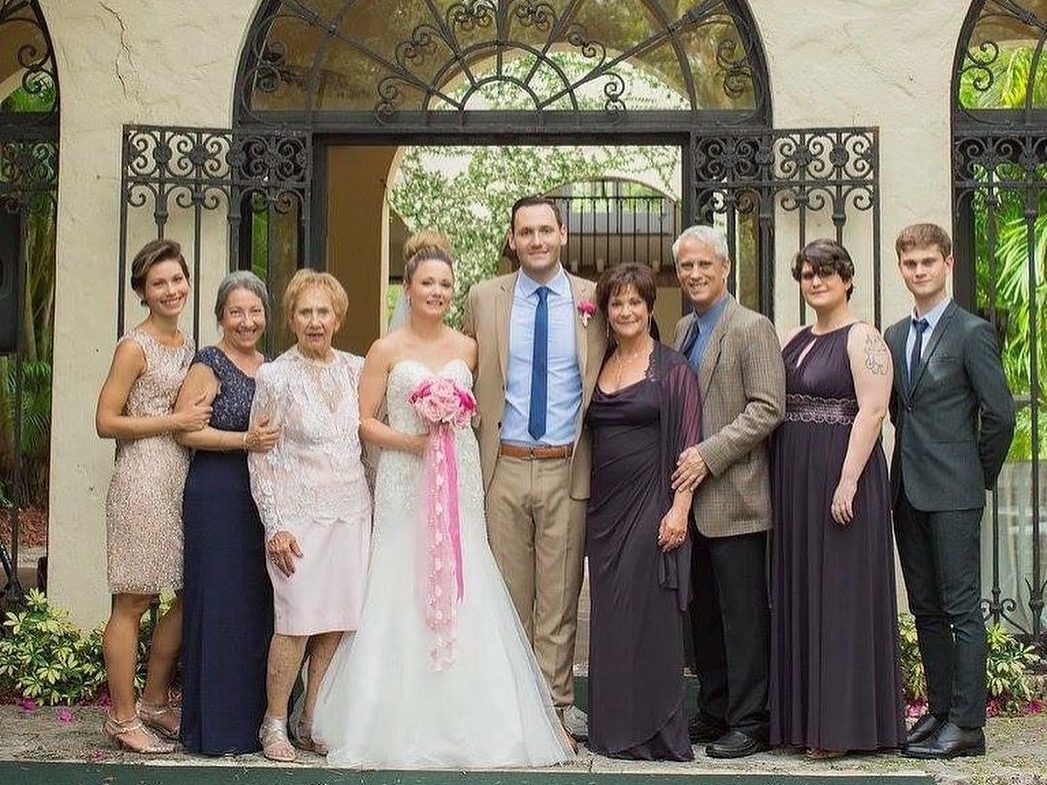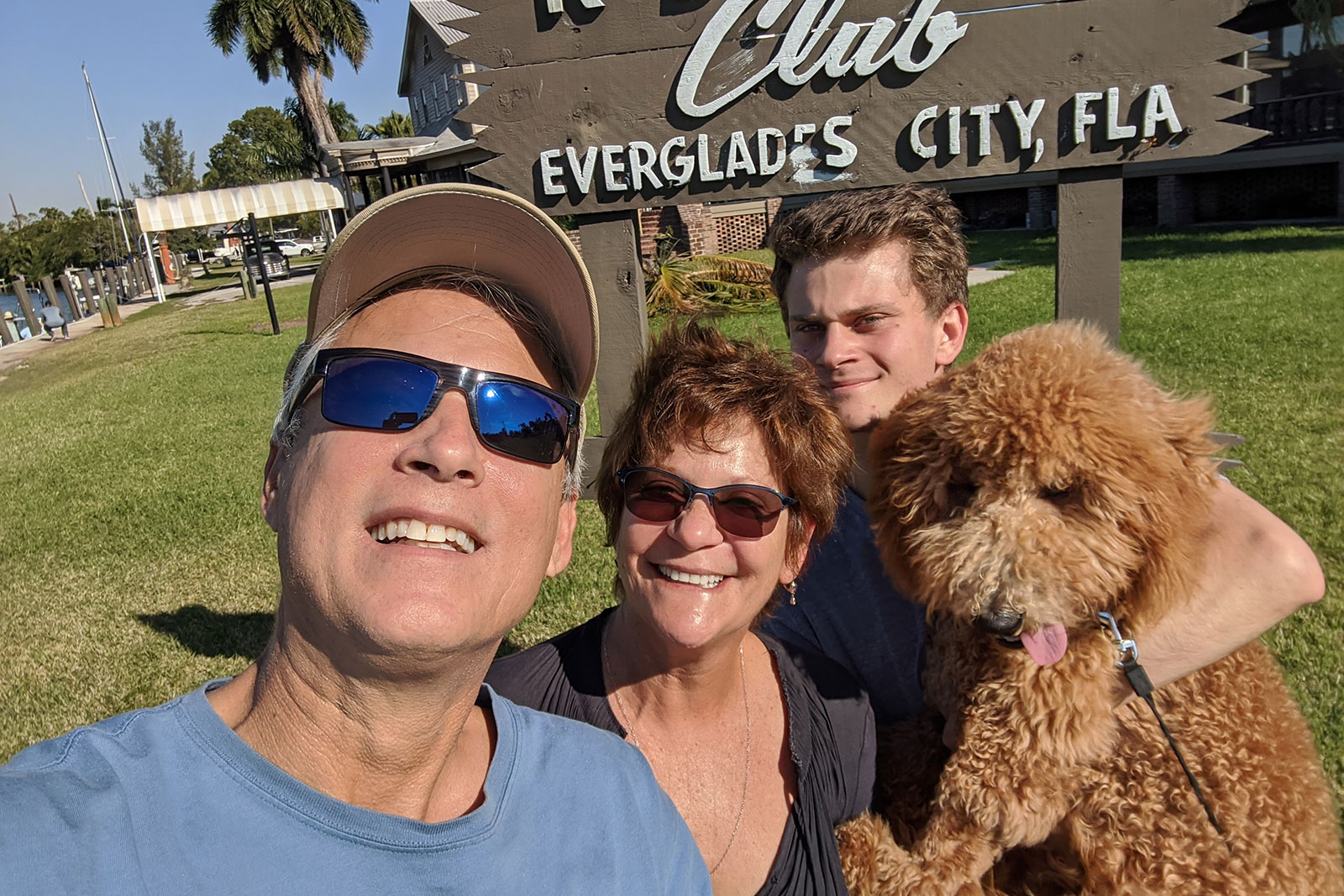As told to Taylor Novak
I was extremely aware. I have a family history with prostate cancer on both sides. Not to mention, my younger brother who is 10 years my junior was diagnosed. His whole prostate was covered with [cancer]. Before my own diagnosis, I was already aware, but then I became hyper aware at that point and would get my annual checkups, my [prostate-specific antigen] tests.
My PSA was slowly rising, and my urologist was like, ‘Let’s keep a close eye on this.’ Then my PSA jumped 10 points in one year and my urologist wanted to do a biopsy. I had no idea what that was all about. But he does the biopsy and says, ‘OK, we got to start paying attention to this because this is worrisome.’
It was about three or four years later that my PSA took another jump, and we did another biopsy. It was a special type of MRI machine where someone can see where the needle is going as you’re taking samples and help guide the doctor to be more specific. In the past, you’ve been shooting in the dark, so to speak, trying to take samples. But with this machine he was able to go exactly where he needed.
I was a little freaked out. Afterwards I tried to get the doctor’s office to tell me [the results] and they said, ‘No, you’ve got to come in for him to tell you.’ That’s when I knew. Sure enough, when I went into the office, he confirmed [it was cancer].

From that point on, I didn’t hear much of what he said. I had seen what invasive procedures did in the past to friends and family, and the side effects of it. After seeing what my brother’s experience was and the side effects that he still had six months later, I was like, ‘I’m not gonna go that route. Let’s think of something else.’
I started to search for alternatives. There are treatments now where technology is such that you could do seven treatments and be done. I started researching online, spending more time seeing what the latest technologies were that were out there. And it was then that my wife did her own research and found out Baptist Hospital’s Miami Cancer Institute could be an option. Baptist Hospital was where our babies were born, or any time something happened that was our hospital. We even have family that works in the hospital, so we felt a connection. It was like everything was being put into place.
A doctor there told me about a piece of technology, the MR-linac, that there were literally only two of in the United States at the time. And Baptist happened to have one of them. And I was like, holy cow! So, that’s what we ended up doing, and since then, my PSA has been dropping.
I had no side effects after treatment was over. Zero. It allowed me to continue to do what I was doing. I’m a producer of commercials and could still work. It was a great gift to have because I was not thinking much about [cancer] except for my next appointment.

It’s not a pleasant procedure. But to me, it’s bad enough that you’re going through this and have cancer looming over your head. To add in those side effects, like damage to your rectum—that’s pretty intense. This simple procedure created the assurance that you would not be suffering. That was worth it to me. It was worth the price of admission.
Plus, the doctors and nurses were extremely professional and made me feel very at ease. It could have been really negative on so many levels, but it wasn’t. High caliber staff is necessary because when you’re looking at your mortality, you want to have that confidence. Half of your recovery is your own confidence, and if they’re reinforcing you it just makes you a stronger person throughout recovery.
If you find out you indeed do have cancer, get your family involved. Get your support network in place because it’s a scary journey. Bottom line is it’s something that you go through stronger when you have some kind of connection to people who you know care, and that’s why it’s also important to pick the right doctor, too.
A lot of guys may not have or may not be aware of their family history with cancer. Also, as we live longer, there are a lot of toxins in our environment and that could be an influence too. So, don’t take anything for granted. Once you hit 40, don’t be a wuss. Go see the doctor. Do your tests. You want to see your children graduate from college; you want to see your grandchildren. The way you do that is by taking care of yourself. This is something only you can do. The onus is on us as individual men who are 40+ to use the tools and procedures that are available to us to take care of ourselves so that we can be there for our families longer and better.







